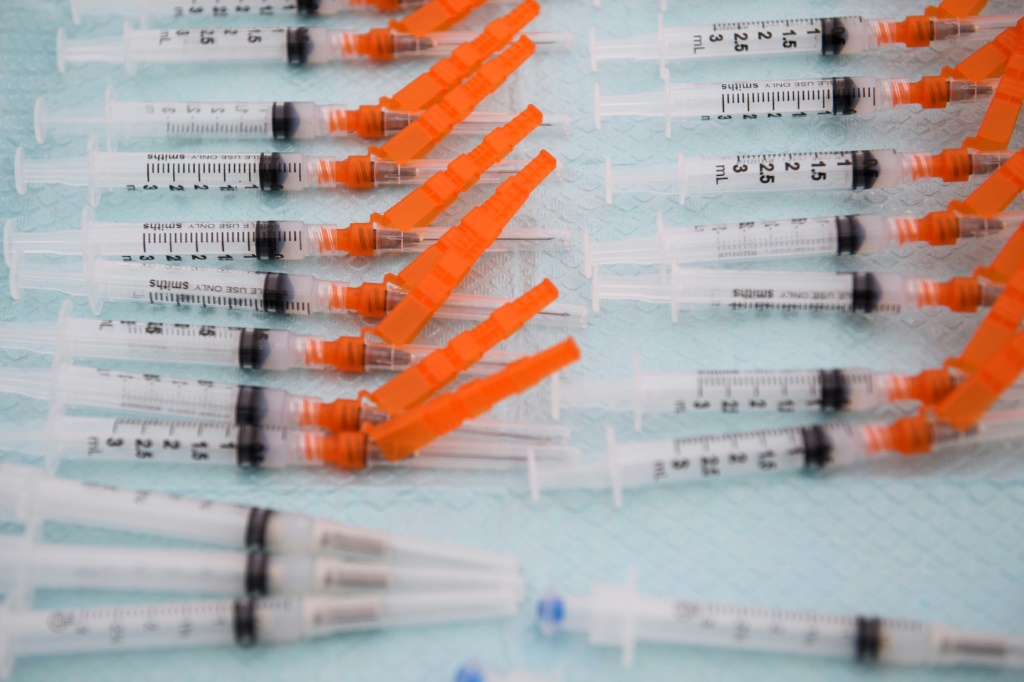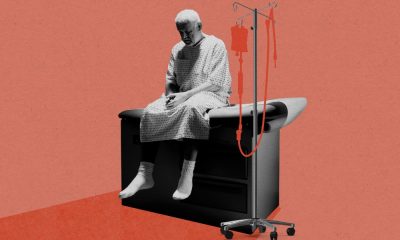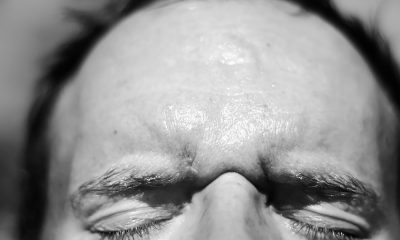According to a study published in The Journal of the American Medical Association, Johnson & Johnson’s single-dose vaccine may provide even more immunity than its Pfizer and Moderna mRNA counterparts.
The authors of the study compared 422,034 vaccinated individuals against 1,645,397 matched unvaccinated individuals and found that “vaccine effectiveness was estimated to be 76% for COVID-19 infection and 81% for hospitalizations for at least 180 days after vaccination before and during the Delta variant surge.” NBC News reports, however, that those who received J&J saw a higher rate of COVID-related deaths when compared with those who received mRNA vaccines through Jan. 29.
Center for Virology and Vaccine Research director Dan Barouch says that Pfizer and Moderna’s mRNA vaccines “raise antibody responses very high very quickly, and then those antibody responses and protection decline quickly, necessitating multiple rounds of boosting.” He states that although the antibody responses J&J produces are not initially high, they have increased durability over a longer period of time.
According to The New York Times, around 17 million people in the country have been administered J&J’s vaccine. In a statement released on Dec. 16, 2021, the Centers for Disease Control and Prevention highlighted “a clinical preference for individuals to receive an mRNA COVID-19 vaccine over Johnson & Johnson’s COVID-19 vaccine.” Dr. Larry Corey of the Fred Hutchinson Cancer Research Center believes, however, that these findings warrant a deeper examination of J&J’s vaccine.
Johnson & Johnson temporarily halted production on their COVID-19 vaccine in February, stating that it was developing a preliminary vaccine to defend against a separate virus.
















